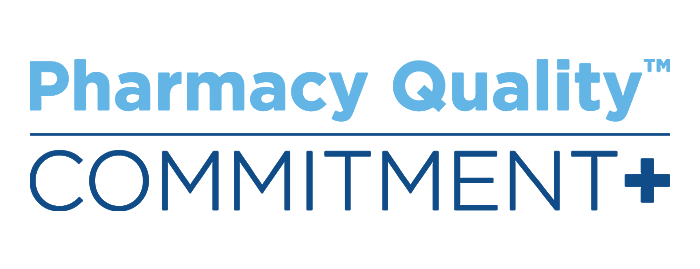Complete Story
Clinton Announces Medicare Outpatient Prescription Drug Benefit Plan
The plan would charge Medicare patients $24 a month for a new prescription drug benefit. Under the plan, Medicare would start funding half the cost of prescription drugs, up to $2,000 worth of medicine a year, when the new benefit begins in 2002. Over the following six years, patients' monthly premiums would increase to $44, while the yearly limit on the drug costs to be shared by the government would rise to $5,000.
Clinton's plan also provides additional support to lower income beneficiaries by eliminating premiums for those with incomes below 135% of poverty. Those with incomes between 135 and 150% of poverty would receive premium assistance as well.
Meanwhile, both the House and the Senate are developing Medicare reform proposals. A "premium support" proposal championed by Senator John Breaux (D-LA) and Representative Bill Thomas (R-CA) remains in limbo. Drafters must still solve a range of issues, such as the scope of a subsidy for prescription drugs. On the Senate side, Finance Committee Chairman William Roth (R-DE) announced that he will develop a Medicare reform proposal that will include a limited prescription drug benefit.
The following is a summary of Clinton's plan to establish a new voluntary Medicare "Part D" prescription drug benefit available to all beneficiaries. The plan would:
- Have no deductible and pay for half of the beneficiary¹s drug costs from the first prescription filled each year up to $5,000 in spending ($2,500 in Medicare payments) when fully phased-in by 2008.
- Ensure beneficiaries a discount similar to that offered by many employer sponsored plans (estimated to be, on average, over 10 percent) for each prescription purchased - even after the $5,000 limit is reached.
- Cost about $24 per month beginning in 2002 (when the benefit starts at a $2,000 cap) and $44 per month when fully phased-in by 2008. (This is one-half to one-third of the typical cost of private Medigap premiums.)
- Ensure that beneficiaries with incomes below 135 percent of poverty ($11,000/$17,000 single/couples) would not pay premiums or cost sharing. Those with incomes between 135 and 150 percent of poverty would receive premium assistance as well.
- Provide financial incentives for employers to retain their retiree health coverage if they provide a prescription drug benefit to retirees that was at least equivalent to the new Medicare outpatient drug benefit. This approach would save money for the program because the subsidy given would be generous enough for employers to maintain coverage yet lower than the Medicare subsidies for traditional participants.
Archived News Index


